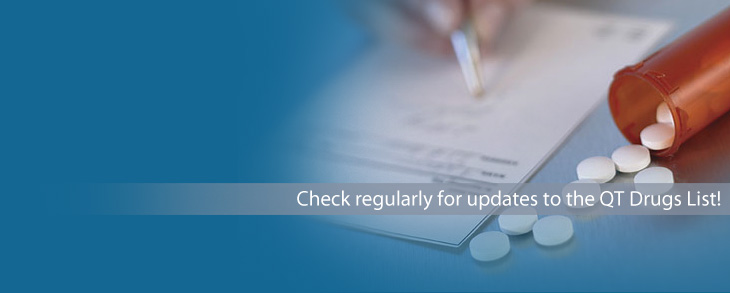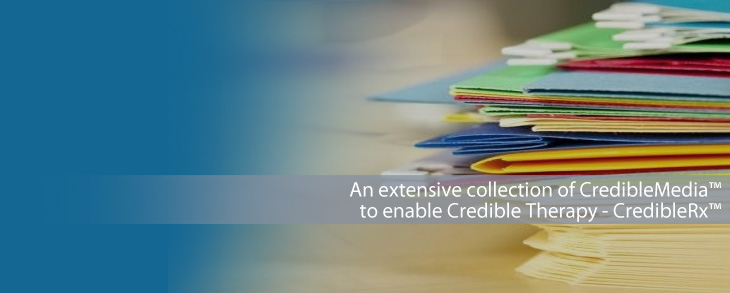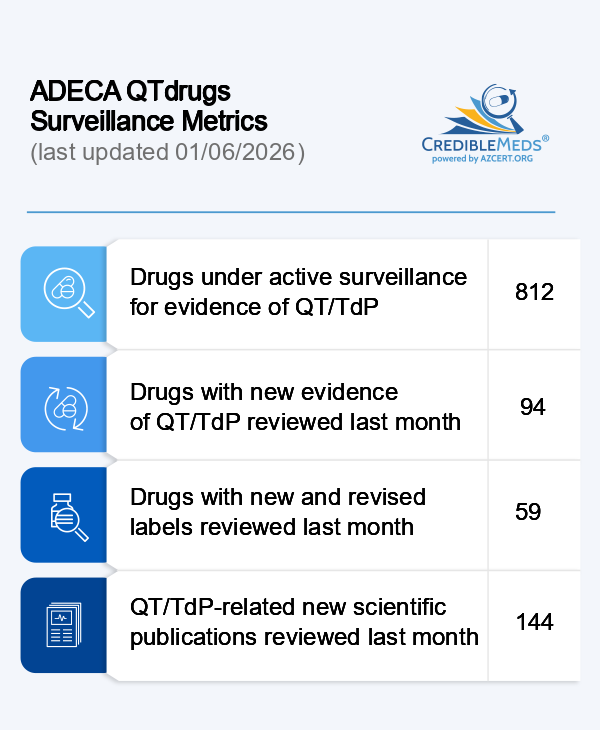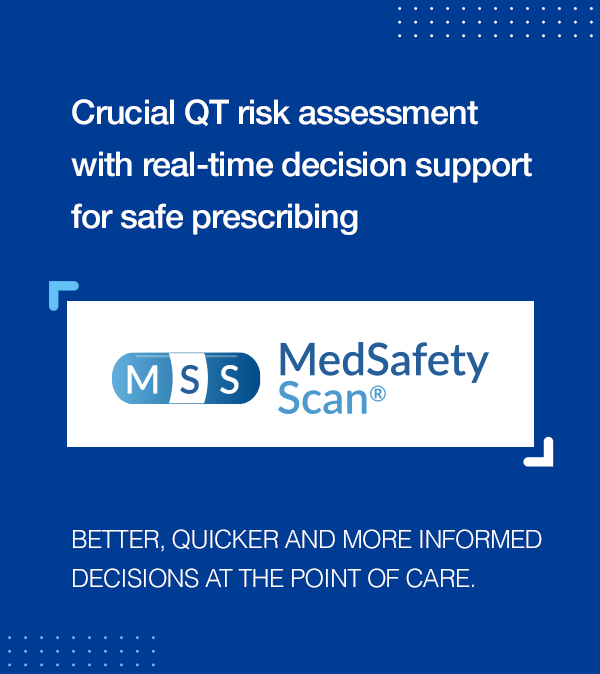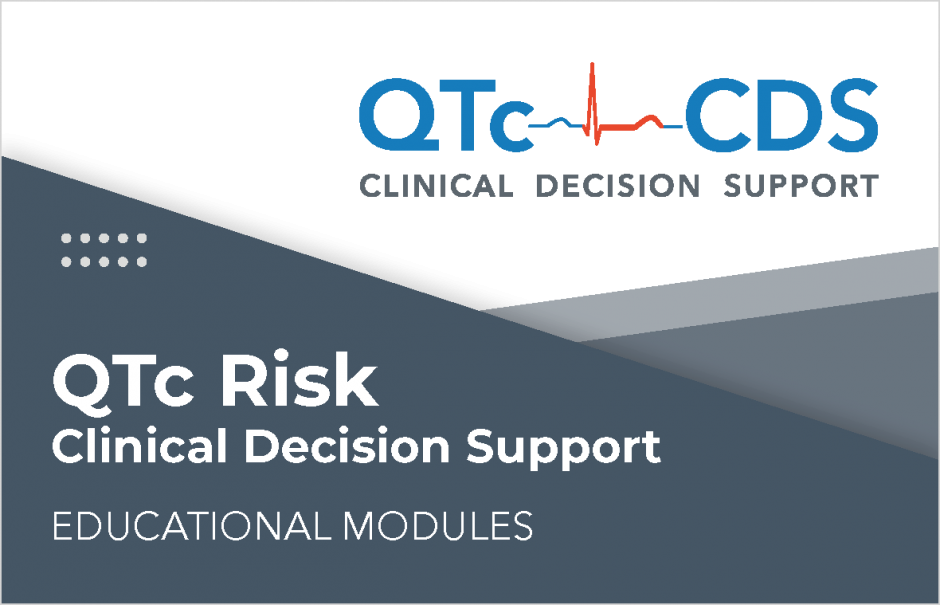AZCERT’s MedSafetyScan – an online QT/ torsades de pointes patient risk assessment tool – was the subject of a recently published scientific paper, whose results provide strong validation for our model.
“Validation of a Clinical Decision Support Tool for Quantifying Risk of Torsades de Pointes in a Psychiatric Inpatient Population” was featured in the June edition of Innovations in Clinical Neuroscience and aimed to assess the efficacy and accuracy of MedSafetyScan (MSS) when analyzing a psychiatric inpatient population—a demographic that is of particular interest due to the many QT-prolonging drugs they are prescribed.
The authors of the paper (Samara White et al.) sought to validate MSS’s default QT risk score model by comparing patients’ generated risk scores to their measured QT interval and found that the MSS CDS tool accurately reflected the relationship between our psychiatric inpatients’ measured QTc intervals and their predicted MSS TdP risk scores, which objectively validated the predictive impact and clinical utility of this tool in our psychiatric population.
In addition to the statistical accuracy of the torsade risk model, the paper also praised some of the features of MSS, such as the robust drug interaction information, which includes possible metabolic interactions, information on drugs’ black box warnings, the ability to recommend intervening actions for high-risk patients, and the ability to summarize and print patient profiles.
In conclusion, the paper found “MSS to be a valuable tool for psychiatric inpatient clinicians,” and the result of the study “objectively validates the use of the MSS tool in psychiatry to establish initial clinical impressions.”
AZCERT values this objective, third-party scientific research. Studies like these help us assess and improve the many tools and resources that we provide to the public.


